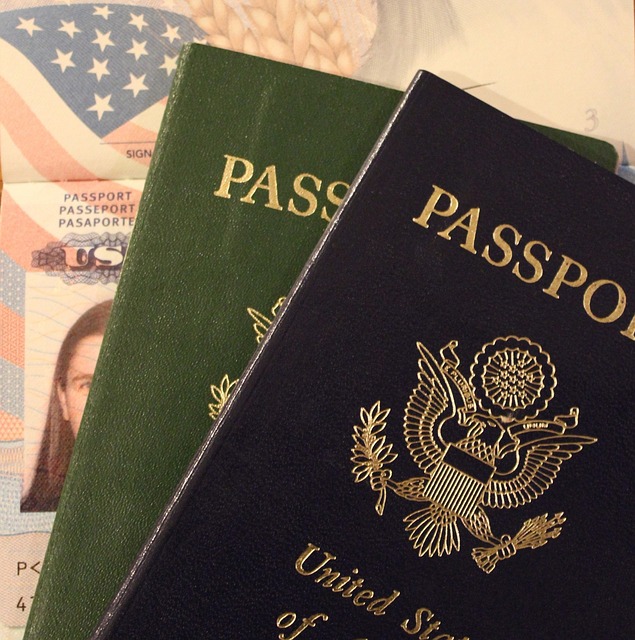Language Requirements for Citizenship: A Comprehensive Guide

Language proficiency is a common requirement for citizenship in many countries, as it demonstrates an applicant’s ability to integrate into society, communicate effectively, and participate in civic life. The specific language requirements vary by country, but they generally involve demonstrating proficiency in the official language(s) through tests or interviews. This guide provides an overview of language requirements for citizenship in various countries, with a focus on key destinations like Switzerland, the United States, Canada, and others.
1. Why Language Proficiency Matters
Language requirements for citizenship serve several purposes:
- Integration: Proficiency in the official language(s) helps immigrants integrate into society, access services, and build relationships.
- Civic Participation: Understanding the language is essential for participating in democratic processes, such as voting and community engagement.
- Economic Contribution: Language skills improve employability and enable individuals to contribute to the economy.
2. Language Requirements by Country
Switzerland
Switzerland has four official languages: German, French, Italian, and Romansh. The language requirement depends on the canton (region) where you apply for citizenship.
- Level Required: B1 (intermediate) in speaking and A2 (basic) in writing, as per the Common European Framework of Reference for Languages (CEFR).
- Proof: Language certificates or an interview with local authorities.
- Exemptions: Applicants over a certain age (usually 55-60) or with disabilities may be exempt.
United States
The U.S. requires English proficiency for naturalization, with some exceptions.
- Level Required: Basic understanding of English, including reading, writing, and speaking.
- Proof: Pass the English portion of the naturalization test, which includes reading, writing, and speaking components.
- Exemptions: Applicants aged 50+ who have been permanent residents for 20+ years, or those aged 55+ with 15+ years of residency, may take the civics test in their native language.
Canada
Canada has two official languages: English and French. Applicants must demonstrate proficiency in one of these languages.
- Level Required: CLB/NCLC 4 (Canadian Language Benchmark/Niveaux de compétence linguistique canadiens) for speaking and listening.
- Proof: Approved language test results (e.g., IELTS for English, TEF for French).
- Exemptions: Applicants aged 18-54 must meet the language requirement.
United Kingdom
The UK requires English proficiency for citizenship, with some exceptions.
- Level Required: B1 (intermediate) in speaking and listening, as per the CEFR.
- Proof: Approved English test or a degree taught in English.
- Exemptions: Nationals of majority English-speaking countries and those aged 65+ may be exempt.
Australia
Australia requires English proficiency for citizenship, emphasizing integration and communication.
- Level Required: Competent English, equivalent to IELTS 6 or higher.
- Proof: Approved English test results or evidence of education in English.
- Exemptions: Applicants aged 60+ may be exempt.
Germany
Germany requires German proficiency for citizenship, reflecting its emphasis on integration.
- Level Required: B1 (intermediate) in speaking, reading, and writing.
- Proof: Language certificate or completion of an integration course.
- Exemptions: Applicants with disabilities or those over a certain age may be exempt.
3. Preparing for Language Tests
Choose the Right Test
Select a language test recognized by the country where you’re applying for citizenship. Examples include:
- IELTS (International English Language Testing System)
- TOEFL (Test of English as a Foreign Language)
- TEF (Test d’Évaluation de Français)
- Goethe-Zertifikat (for German)
Practice Regularly
- Use language learning apps like Duolingo, Babbel, or Rosetta Stone.
- Take practice tests to familiarize yourself with the format and timing.
- Join language classes or conversation groups to improve fluency.
Focus on Key Skills
- Speaking: Practice conversational skills with native speakers or language partners.
- Listening: Watch movies, listen to podcasts, or follow news in the target language.
- Reading and Writing: Read books, articles, and write essays or journal entries.
4. Tips for Meeting Language Requirements
- Start Early: Begin learning the language as soon as you decide to apply for citizenship.
- Immerse Yourself: Surround yourself with the language through media, social interactions, and daily practice.
- Seek Professional Help: Consider hiring a tutor or enrolling in a language course tailored to citizenship requirements.
- Stay Consistent: Dedicate time daily to language practice to build and maintain proficiency.
5. Exemptions and Special Cases
Many countries offer exemptions or accommodations for:
- Older Applicants: Age-based exemptions are common, often starting at 50-65 years.
- Medical Conditions: Individuals with disabilities or health issues may be exempt.
- Long-Term Residents: Some countries waive language requirements for long-term residents or those with strong ties to the community.


